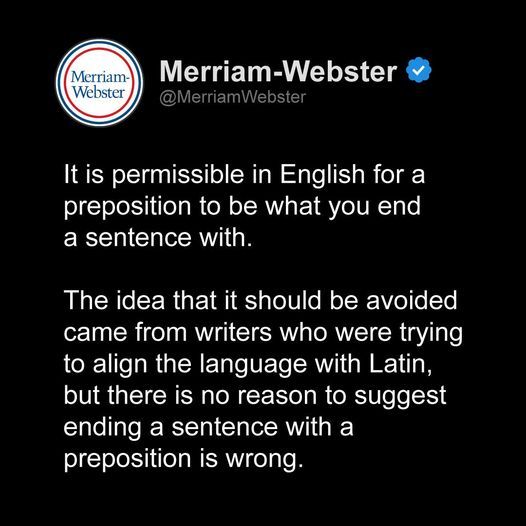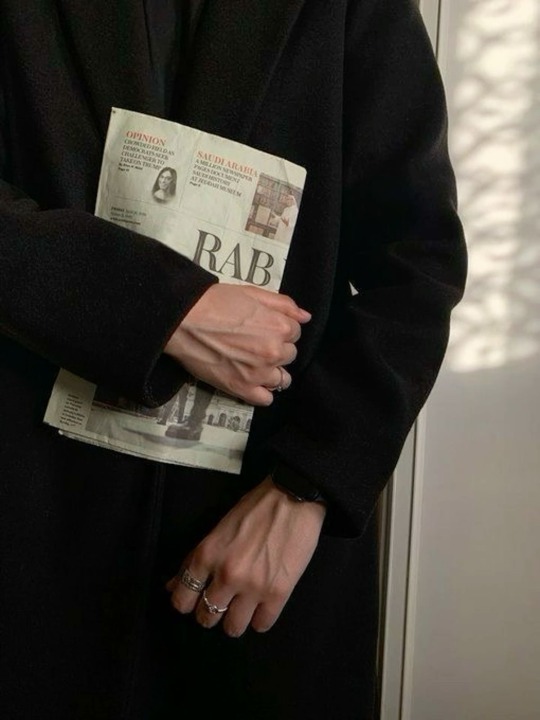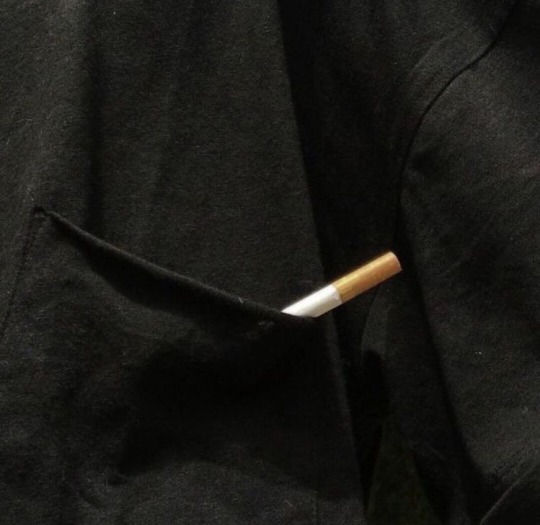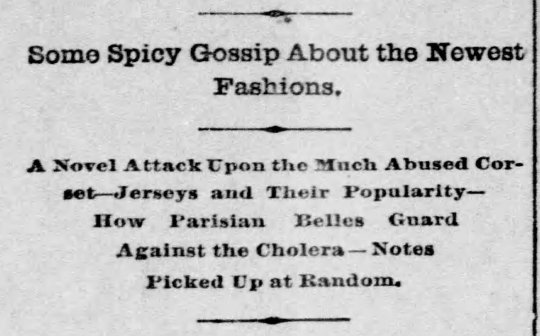#history of the english language
Text

The #ConnectedAtBirth #etymology of the week is SKI/SCIENCE/SHODDY #ski #science #shoddy
#ski#skiing#science#shoddy#etymology#wotd#connectedatbirth#words#language#linguistics#word nerd#wordnerd#history of the english language#history of english#historical linguistics#lingcomm#lingblr
81 notes
·
View notes
Text
English in the 160+ years between Chaucer and Shakespeare was wild. This is Middle English, where the English court finally decided to stop using French and use their own damn language.
...Which had already been like 40% French for 400 years.
Plus every 20 miles you went in Great Britain, the people would be speaking an incomprehensible dialect and using a different alphabet.
Case in point:

That thing that looks like a 3 falling down is supposed to be a "g," but I think they also randomly use it as an s or a z. Because they didn't have a z, and s already had two different letters, depending on where it appeared in the word.
Also u is a v...sometimes. Next to an e. Sometimes. The e's at the end of words was pronounced...except when it wasn't.
Also w's might be v's sometimes. Or literal double-u's, like "oo." Because they used a w, but not a v...?
Also j is a soft c when it is near an s. ...Which you kind of don't need, because you already have an s. But French has soft c's, so they added them, but wrote them as j's.
Y's and i's are equivalent, except when they aren't. Sometimes a y is just the word 'ye'. Except when it might stand in for 'and'? Maybe?
Also 'ee' is the same as 'i' and 'y'. And 'ie'. They're all the same. Except when 'ie' sounds like 'eye,' instead. There is zero textual way to tell.
And they use the letter thorn pretty consistently for 'th'. Except where they just USE 'TH'.
Also sometimes they actually use an actual letter 'g' instead of the 3 thing. And half the time it is silent. So what the hell is the point?
You figure this out. This is apparently a hymn to Mary about how Jesus is cool, but...also might be about Jesus kissing Mary Magdalene? I can't tell, because they keep randomly dropping in full Latin phrases I don't understand, but which they apparently did.
Probably.
You tell me, people who didn't drop out of college.
This is why English spelling remains incomprehensibly weird. They gave up before they even started.
The University of Oxford was founded in 1096 probably just to help people figure this nonsense out. And they never did!
6 notes
·
View notes
Text
Here is a list of terms from the 18th century for a certain male organ, for those who want to spice up their writing 😉:
Tailpipe
Pilgrim's Staff
Captain Standish
Silent Flute
Pike of Pleasure
Mutton Dagger
Cupid's Torch
Nimrod the Mighty Hunter
His Majesty and Purple Cap
Beloved Guest
Picklock
Pleasure Pivot
Pump handle
Dear Morsel
(I'm watching 'The History of the English Language' and thought these were fun 😌)
#archive of our own#ao3 author#ao3#ao3 stuff#writing#writing tips#smut#innuendo#18th century#history#english#history of the english language
5 notes
·
View notes
Text
Starting Off Strong

"Abbess, or Lady Abbess, a bawd, the mistress of a brothel."
In other words, the lady proprietor of a whorehouse. I'm not an etymologist so I don't know (etymology folks pipe in!) but I would imagine this is a cheeky inversion of an Abbess, who is the head of an Abbey or Cloister - in other words, the Nun in charge of running things.
#18th century#English#Linguistics#slang#linguistics history#history of the English language#19th century#Classical Dictionary of the Vulgar Tongue
1 note
·
View note
Text

I came across the word "swaggereth" in a book from 1622 last night and felt like it should be shared with the world.
"Hee swaggereth, as though the whole Towne were his owne."
(source: Adagia in Latine and English, Erasmus, 1622.)
#honestly google english men's fashion in the 1620s#he swaggereth deservedly#history#1620s#english language#jacobean#swag#linguistics#things i find while researching other things
6K notes
·
View notes
Text
a couple years ago, i got really ambitious and decided i was going to make a uquiz. it would be the uquiz to end all uquizzes, it would mean i used my history degree and it would be queer with a capital Q. and to be fair to past me, i did all the questions, had chosen what (or who, in this case) the results would be, and just had to write the bios for those results, which i did half of... and then crashed. two years later, i finally convinced myself to finish it off, so i mostly proudly present the 'which historical gay are you?' uquiz. if your result's bio is a little lacking, thats not because youre boring, it's because i'm chronically ill <3
#uquiz#also apologies that there's a lot of british/american results - i'm a 20something british woman who did history at a british uni#and doesnt speak any language besides english because im really really bad at them#id love to see what you all got <3#emily speaks#mine#queer#history
10K notes
·
View notes
Text

1K notes
·
View notes
Text
The Czechs would like to have a chat

Edit: since this post blew up: This was intended as a sharing of a funny blunder I found in a book, and to prompt the sharing of the stories of other marginalized languages.
It was NOT intended as an invitation for people to a) call all English speakers stupid and imply they all think like this and b) trashtalk the authors, who, apart from this singular paragraph, wrote an immensely valuable resource for anyone interested in the history of English and arguably have achieved more within the linguistic community than any of us will.
6K notes
·
View notes
Text









𝕳𝖊𝖓𝖗𝖞 𝖂𝖎𝖓𝖙𝖊𝖗
#academia#chaotic academia#classic academia#dark academia#literature#aesthetic#english literature#uni#college#lit#henry winter#Henry winter aesthetic#donna tartt#the secret history aesthetic#the secret history#academic weapon#dark acamedia#dark acadamia aesthetic#light academia#academia aesthetic#academics#chaotic academic aesthetic#romantic academia#choas#greek and latin#beauty is terror#latin quotes#latin#latin language#coffee and ciggaretes
779 notes
·
View notes
Text

Frederick Sandys (1829-1904)
"Love's Shadow" (1867)
Oil on panel
Pre-Raphaelite
The painting's sitter is actress Mary Emma Jones, Sandys' common-law wife. She is biting the blooms of blue violets, which are a symbol of love and devotion in Victorian floriography
#paintings#art#artwork#genre painting#female portrait#frederick sandys#oil on panel#oil on wood panel#fine art#pre raphaelite#pre raphaelism#english artist#british artist#portrait of a woman#side profile#history#red hair#flowers#flower language#1860s#mid 1800s#mid 19th century#1k#2k
2K notes
·
View notes
Text
THOU, THEE, THY, THINE. SAME THING RIGHT?
NO.
Although they seem very similar, Shakespeare would be in tears if he saw how most people mix them up. lets save William the misery and teach you when to correctly use thou, thy, and thine.
THOU
Thou = You (in subject form)
"Thou art killing me."
"Art Thou crying?"
THEE
Thee = You (in object form)
"I want to kill thee."
"My dog ate thee in my dream."
THY
Thy = Your (before a word that starts with a consonant)
"Thy mother."
"Give me thy duck."
Thyself is used the same as any other thy+word combination like "thy mother" but without a space
"Take care of Thyself."
THINE
Thine = Your (before a word that starts with a vowel)
"Thine unibrow is evident."
"Thou art on thine own."
Now Shakespeare can truly rest in peace.

Go follow me @leisureflame for more posts like this!
281 notes
·
View notes
Text

The #ConnectedAtBirth #etymology of the week is WINTER/WHISKY #wotd #winter #whisky #whiskey
#winter#whisky#whiskey#etymology#wotd#connectedatbirth#words#language#linguistics#word nerd#wordnerd#history of the english language#history of english#historical linguistics#lingcomm#lingblr
61 notes
·
View notes
Text

How English Changed Over The Last 1000 Years
#linguistics#english#etymology#language#languages#world culture#history#world history#old english#middle english#educational#fascinating
864 notes
·
View notes
Text










(+) Elevators Are Gay
Love Mate (2023)
The Director Who Buys Me Dinner (2022)
The New Employee (2022)
Oh! My Assistant (2022)
GAP The Series - Teaser (2022)
First Love Again (2022)
Bad Buddy (2021)
Samjin Company English Class (2020)
Cherry Magic! Thirty Years of Virginity Can Make You a Wizard?! (2020)
HIStory3: Trapped (2019)
#asianlgbtqdrama#lgbtqia+#cherry magic#gap the series#bad buddy#history 3: trapped#love mate#the director who buys me dinner#the new employee#oh! my assistant#kdramaedit#first love for the third time#samjin company english class#jdramaedit#thaidramaedit#twdramaedit#first love again#love language set#prangon gifs#asiandramaedit#finally! finally! this is a full set
664 notes
·
View notes
Text
Stop correcting southerners . It’s very anti black . A Lot of AAVE or Ebonics come from the south . Respect it . There is no proper way to speak
#AAVE#Ebonics#black power#knowledge#black knowledge#language#English#african american#african american history
829 notes
·
View notes
Photo

I was surprised earlier this week when I came across the word “spicy” (as used to describe rumors/gossip) in an article from 1906, and got curious how old the expression was. After digging around for a few hours, the earliest use of the word in this context I could find was 1845. Interestingly the word “juicy” (same context) appears to have popped up not long after in the mid-1850s.
So I just thought it was very important for all you historical fiction writers out there know that you can have Queen Victoria discuss the juiciest gossip with her ladies in waiting or Millard Fillmore ask for the spicy details and be 100% historically accurate.
(image source: The St. Louis Post Dispatch, July 26, 1884.)
715 notes
·
View notes